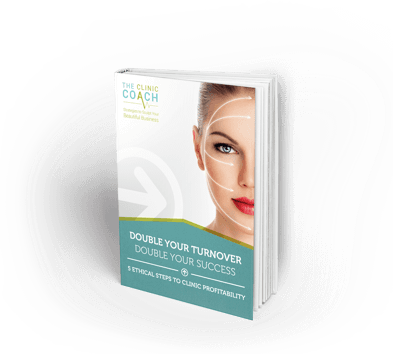Now, spoiler alert here, if you ever go and see Brad Sugars speak live, he normally tells this story. He’d taken on a client who sold tyres. When he asked what his conversion rate was on the calls his sales team were getting, the owner guessed at about 70%. Brad asked him to monitor it for two weeks, just to double-check what it actually was.
Two weeks later Brad came back and the owner was fuming – he was actually only getting 17% conversion on the calls! Brad focused on getting the sales team to work up a simple script, something they could use when someone called, it went something like this: “Before I give you a price would it be okay to ask a couple of questions?” The customers always say yes. “Can I ask what kind of driving you do? Is it long distance or short? Is it motorway or country roads? Do you have your family in the car or are you driving on your own? Do you drive fast or slow?”
At the end they’d say “Based on your driving habits the safest and most economical tyre for you would be XXXXX.” “We have a space this afternoon so if you can make that we can do you a special deal of £XX.” If the person couldn’t make it, they’d always ask if they could hold that deal till they could get there and the salesperson would say, “Of course; I just need your credit card details to take the payment now.”
The conversion tripled to 49% using that script, and what it does is change the conversation from price, to the safest and most economical. The questions reminded the person about the importance of the tyres on their car and the salesperson was acting as more of a consultant and being perceived as an expert who was there to help them. Best of all they used an internal reference for the tyres to avoid customers simply price-matching elsewhere. A very smart move.
The same has to be true of any business. You have to ask questions to find out what the client’s end goal is, then advise them on the best fit to get them there. You need to be a consultant, not a sales person. I worked with a clinic that adopted this and it had a huge impact on their bottom line. A lot of their clients were very price sensitive and would come in with a particular budget in mind, however when they talked to them about what they were actually trying to achieve, they were able to bolt on other service to help the client achieve their goals.
Remember, if your client has a budget of £3,500 and you want to get a £4,000 sale, you’re only selling an extra £500, so you can talk about the £500, not the £4,000. You can even break it down to the lifetime cost that it’s worth to them.
By Alan Adams The Clinic Coach




